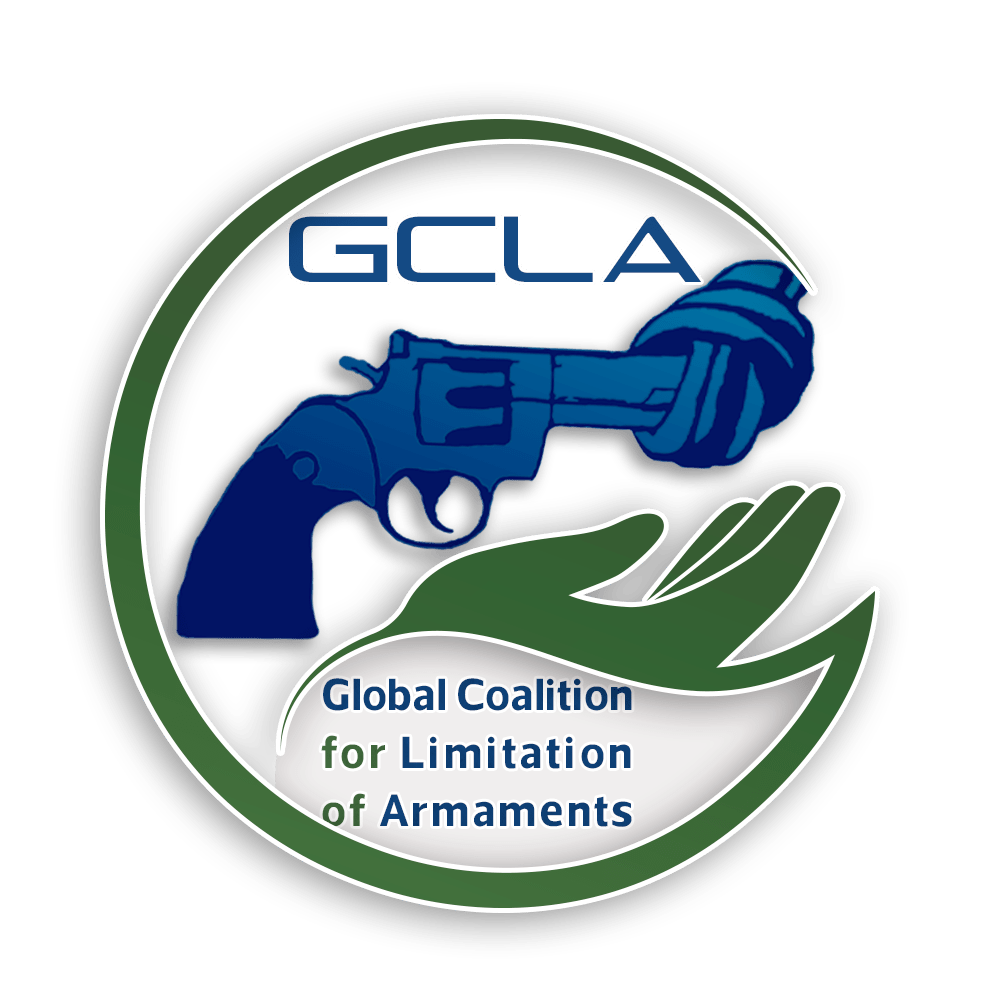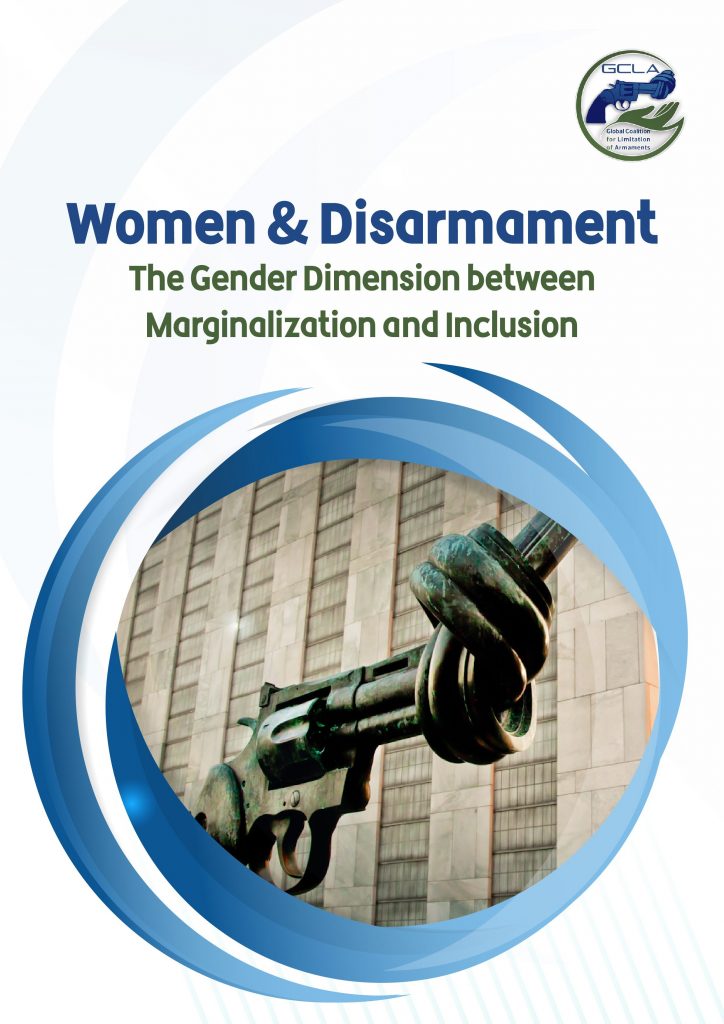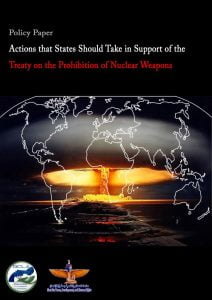Introduction
The international community has recognized the importance of women’s participation in peace and security-related issues and the benefits of applying a gender perspective in policy development. The unanimous adoption of the United Nations Security Council Resolution 1325, and the emergence of the women, peace and security agenda positively impacted the growing international standard that recognizes the gender impact of different weapons systems and the need to include women in policy decisions. However, there is still much work to be done to achieve the goals enshrined in numerous international agreements ranging from the Arms Trade Treaty (ATT) to the Treaty on the Prohibition of Nuclear Weapons (TPNW) and efforts must continue to increase the representation of women in disarmament, non-proliferation and arms control forums and at the negotiating tables. The use of weapons of mass destruction and the misuse of small arms and light weapons affect everyone indiscriminately regardless of gender, age, sexual orientation, political opinions or nationality. Therefore, no single group shall have the right to have jurisdiction over policy decisions governing this issue and all groups must be involved in these conversations. When women are not represented, it is highly likely that their experiences and needs will be ignored and not addressed, which would, in the long term, facilitates and legitimizes violations of women’s rights and violence against them and thus undermines sustainable development, peace and security. It is clear that the proliferation of arms and ammunition is a major obstacle to the implementation of the WPS agenda; however, there has been little focus on arms control and disarmament in the WPS agenda either in the multilateral discussions or at the implementation level.
Thus, improving women’s participation in peace and security is one of the main objectives of the women, peace and security agenda and this is certainly closely related to arms control and disarmament. Although participation in decision-making mechanisms in the field of disarmament and arms control has increased in recent years, this area is still significantly far from women’s participation when compared to other areas of diplomacy.
In light of the above, this research paper focuses on how far international efforts take into account the gender dimension in the field of disarmament and non-proliferation through its study of the impact of the proliferation of weapons on women. This paper also examines the possible causes of this imbalance and explains why the gender disparity persists between experts and practitioners in this field.






